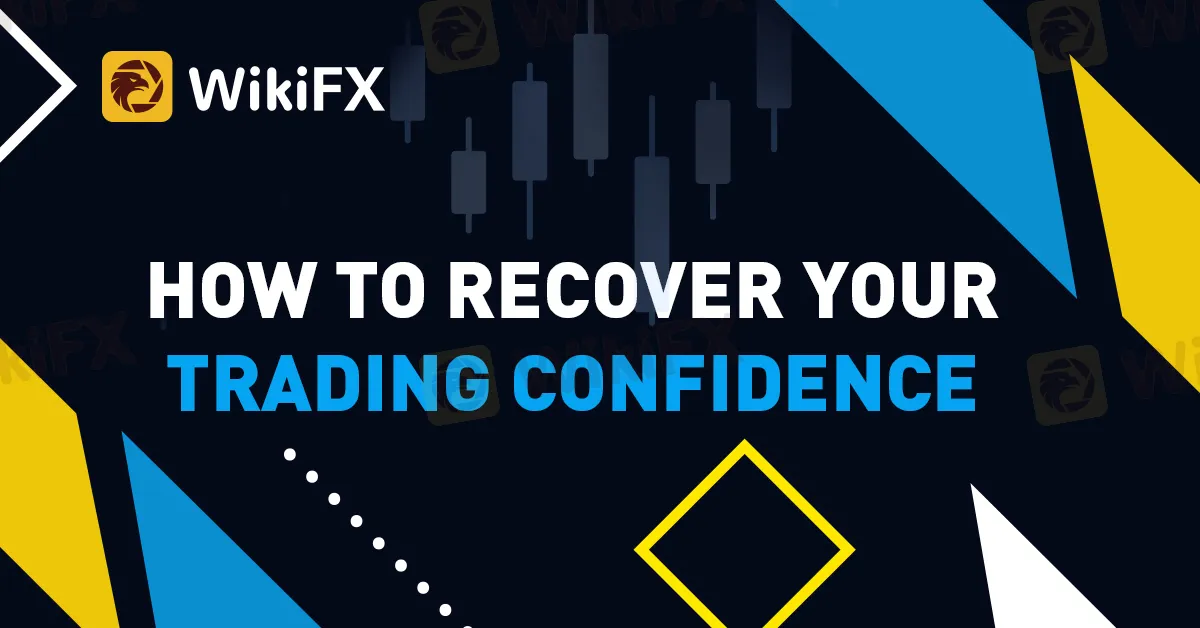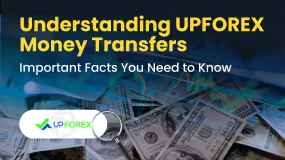Abstract:Trading forex involves making speculations about currency exchange rates in the hopes of making a profit. Since currencies are traded in pairs, a trader who exchanges one currency for another is making a prediction about whether the value of the exchanged currencies will increase or decrease.

Trading forex involves making speculations about currency exchange rates in the hopes of making a profit. Since currencies are traded in pairs, a trader who exchanges one currency for another is making a prediction about whether the value of the exchanged currencies will increase or decrease.
Banks, companies, funds, and retail traders all use the forex market, which is open 24 hours a day, five days a week for currency buying and selling.
After a significant loss, confidence can be running low. Of course, trader lose money when trading, including a lack of market understanding, a subpar risk management plan, or trading actions that are motivated by fear or greed. The performance of a trader begins to lose confidence. Thus, the question is how can you maintain confidence even if you meet a losing streak?
These are three easy strategies you can instantly implement when trading to get yourself back on track if the markets have sapped your self-assurance.
BE ACCOUNTABLE FOR YOUR TRADES
All traders experience bad days. Yet when anything goes wrong, you have to own up to it and consider what might have been done better to avert the loss. Consider where you came up short. For example, did you take too much risk? Or did you allow your feelings control how you worked?
It's also a good idea to halt trading until you have worked out what happened. One of the finest methods for overall trading performance is to learn from bad trades. Keep in mind that you can correct your trade if you're not in control of it. When you accept responsibility, you gain control over your trading, which is the outcome you desire.
CONCENTRATE ON A ROBUST TRADING STRATEGY
If you've suffered a significant loss, go back to the beginning. Concentrate on your trading strategy. The difference between successful traders and others is a sound trading plan. You must have a thorough trading plan in place that takes into account your trading style and level of risk tolerance before returning to trading after a loss.
Also, your plan must adhere to strict risk management procedures. For all, without a suitable risk management technique, a trader who has made profits could lose it all in just one or two losing trades.
Losses shouldn't be personal
Trading has risks, including losses. A successful trader is one who can maintain composure in the face of setbacks. You quit taking losses personally and develop into a stronger trader by having vigor and resilience.
Yet, if your trading lacks enthusiasm, you will feel dissatisfied and disappointed after a loss. The result is that you end up making poor trading with revenge trades, and end up abandoning trading altogether. Analyzing the outcomes, reviewing the trade setup, and determining what went wrong are excellent ways to respond to losses.
THE CONCLUSION
You will feel fairly confident and safe in your trading when your trading plan is sound, well-constructed, and in line with levels of risk tolerance. And keep in mind! Money loss does not spell doom. You must accept losing transactions if you want to be a successful trader.










